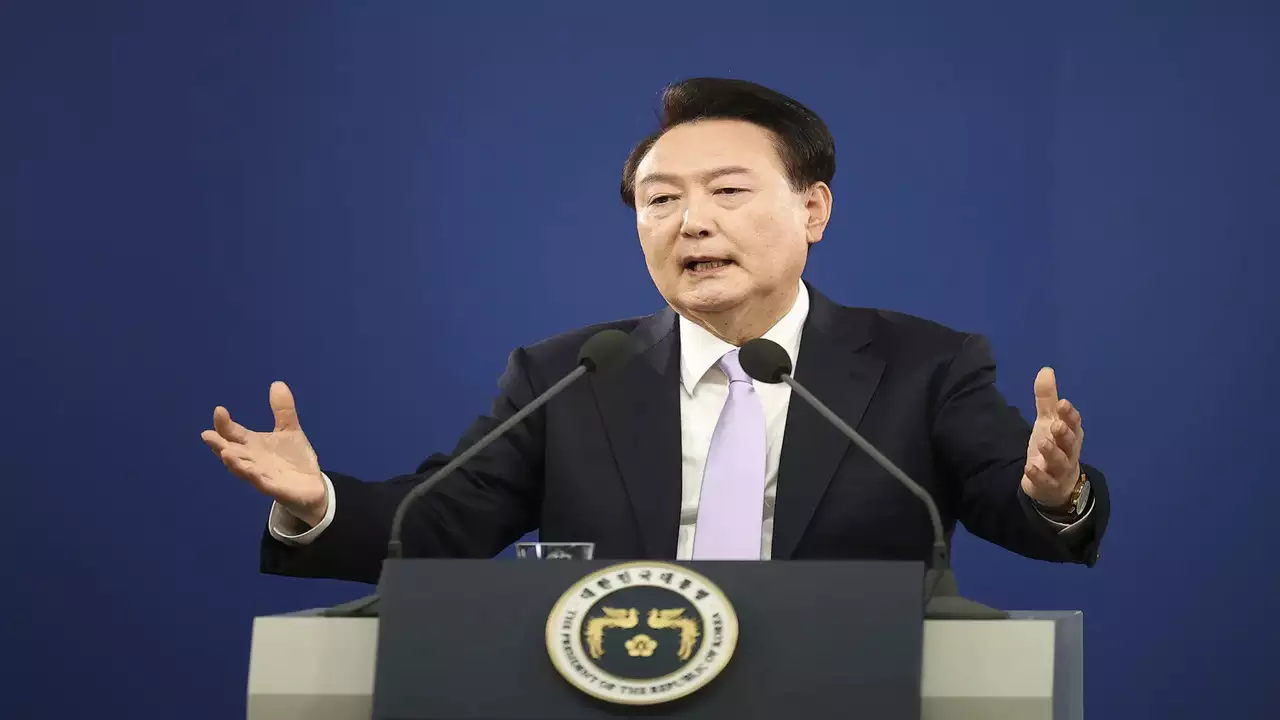South Korea’s finance ministry declared its readiness to inject “unlimited” liquidity into financial markets on Wednesday after President Yoon Suk Yeol rescinded a martial law declaration that had sparked market turmoil and sent the won to multi-year lows.
Government and Central Bank Interventions
- The Bank of Korea (BOK) launched special repo operations to provide liquidity to financial institutions, loosening collateral requirements to include bank debentures issued by state-run enterprises.
- A 10 trillion won ($7.07 billion) stock market stabilization fund was prepared for deployment, according to Yonhap News Agency.
- Authorities intervened in foreign exchange markets, reportedly selling dollars to support the won, which had hit a two-year low of 1,442.0 before recovering 0.8% by early Wednesday trade.
Market Reactions
- The won gained after the announcement, while stocks pared losses, though the KOSPI index remained down 2% for the day. Major companies like Samsung Electronics and LG Energy Solution saw declines of 1.31% and 2.64%, respectively.
- US-listed South Korean exchange-traded products also dropped, reflecting continued investor caution.
Parliamentary Action and Political Risks
South Korea’s parliament unanimously passed a motion requiring the martial law be lifted. However, tensions persist between President Yoon’s administration and the opposition-controlled parliament over the national budget.
The opposition recently proposed a 4.1 trillion won cut to the 677.4 trillion won budget, leading to a legislative deadlock. A prolonged budget standoff could risk shrinking fiscal spending at a time when export growth is slowing.
Economic Implications
The situation highlights South Korea’s “Korean Discount,” where domestic equities are undervalued compared to global peers. Analysts warn this incident could deepen the risk premium for Korean investments.
Daniel Tan, a portfolio manager at Grasshopper Asset Management, noted that the KOSPI index’s valuation at 0.8 times one-year forward estimated book value significantly lags behind the MSCI World Index’s 3 times valuation.
Outlook
While Citi economist Kim Jin-wook believes the economic impact may be short-lived due to proactive policy measures, the broader challenges of political instability and fiscal policy uncertainty pose risks to investor confidence and economic recovery.



